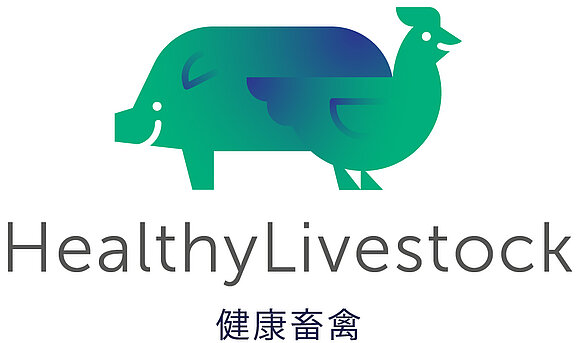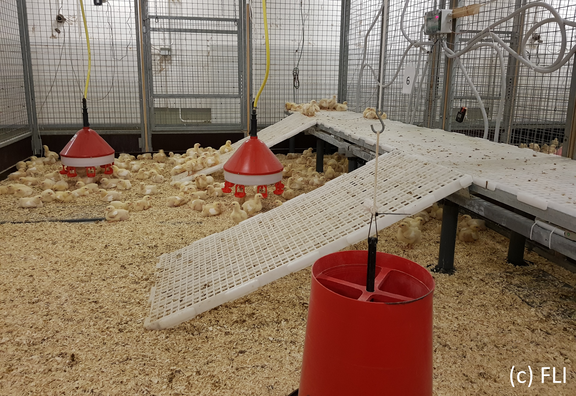Objective
Modern livestock production systems often constrain natural animal behaviour and may result in health problems and product quality issues. Efforts to maximise production often involve overuse of anti-microbial drugs in farm animals either in veterinary treatment, or for growth-promoting purposes. Drug residues may accumulate in animal products and the environment, leading to food quality issues, antimicrobial resistance and a risk for consumers. The EU and China both face this challenge, although not to the same extent.
The main objective of this project is to reduce the use of antimicrobials applied by the pig and broiler industry in China and Europe, and the subsequent residues in the food chain and the environment, by improving on-farm animal health & welfare without compromising productivity.
Multidisciplinary approach
- Reduction of antimicrobial use on farms through development of technical innovations and farm management solutions
- Validation of the solutions in terms of reduced drug residues, practical feasibility, societal acceptance and economic viability
- Effective technology transfers through tools and standard setting dedicated to different stakeholders: farmers and veterinarians, meat chain partners and policy makers
There are 6 specific objectives:
- Reduction of the risk of pathogen exposure and spread
- Increasing resilience of pigs and poultry
- Early detection of both generic health challenges and specific diseases
- Precision medication – alternatives to conventional medication
- Practical feasibility, societal acceptance and economic viability
- Tools provided to stakeholder (including policy makers) to improve health & welfare and reduce antimicrobial usage
The FLI working group focuses on the tasks of increasing resilience (2) and early detection of health problems (3) in broiler chickens. For example, the environment in which chickens are kept is structured with elevated grids and their influence on animal health and animal welfare is investigated.
For more detailed information, see
Participants
European partners
- Stichting Wageningen Research (Coordinator, WR, Netherlands)
- Wageningen University (WU, Netherlands)
- Centro Ricerche Produzioni Animali – C. R. P. A. SpA (CRPA, Italy)
- Friedrich-Loeffler-Institut – Bundesforschungsinstitut für Tiergesundheit (FLI, Germany)
- Federation of Veterinarians of Europe AISBL (FVE, Belgium)
- Foodplus GmbH GLOBAL G.A.P. (GGAP, Germany)
- IFIP – Institut du Porc (IFIP, France)
- Institut National de la Recherche Agronomique (INRA, France)
- Panstwowy Instytut Weterynaryjny – Panstwowy Instytut Badawczy (NVRI, Poland)
- University of Newcastle Upon Tyne (UNEW, United Kingdom)
- Vita Trace Nutrition (VTN, Cyprus)
- Zoetis International Services SAS1 (Zoetis, France)
- Produkt + Markt Gesellschaft für Marktforschung und Marketingberatung GmbH & Co. KG (P+M, Germany)
Chinese partners
- Institute of Quality Standards & Testing Technology for Agroproducts of CAAS (IQSTAP, China)
- China Association for the Promotion of International Agricultural Cooperation (CAPIAC, China)
- Chuying Agro-Pastoral Group Co., Ltd (CAP, China)
- Beijing Dabeinong Technology Group Co., Ltd. (DBN, China)
- Institute of Animal Science of CAAS (IAS, China)
- Lanzhou Institute of Husbandry and Pharmaceutical Sciences of CAAS (LIHPS, China)
- Nanjing Center for Rural Economy, Ministry of Agricultural (RCRE, China)
- New Hope Liuhe Limited Liability Company (NHLH, China
Website:



